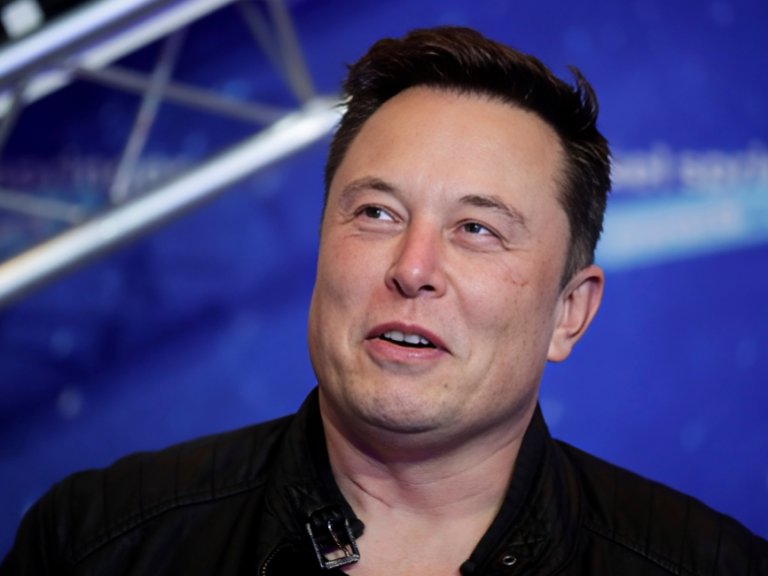On Thursday, US President Donald Trump criticized China for withdrawing from a deal to purchase new Boeing aircraft due to tariffs imposed amid the ongoing trade war.
Trump expressed his displeasure on social media, stating, “Boeing should default China for not taking the beautifully finished planes that China committed to purchase,” though he did not provide further details. He added, “This is just a small example of what China has done to the USA, for years.”
Boeing’s CEO Kelly Ortberg confirmed on Wednesday that Chinese customers had halted deliveries of aircraft, citing the “tariff environment” as the reason. This reflects the increasing disruption caused by retaliatory tariffs between the world’s two largest economies this month.
Currently, US tariffs on many Chinese products have reached 145 percent, while China has responded with 125 percent duties on US imports. Trump claims these tariffs are retaliation for unfair trade practices and part of an effort to revive US manufacturing. The escalation has unsettled markets and raised concerns about a potential global recession.
Meanwhile, Beijing dismissed Trump’s optimism about a possible US-China agreement to reduce tariffs, calling such notions “groundless.” Trump stated that the US would reach a “fair deal with China,” and when asked about ongoing talks, he responded, “everything’s active.”
Industry sources interpret these comments as signals to both Beijing and Washington that the tariff conflict could cause harm, especially as Chinese airlines face capacity issues and Boeing’s stockpiles grow. Earlier this week, the US indicated a willingness to de-escalate the trade tensions, acknowledging that the current high tariffs are unsustainable.
Boeing, a major US exporter, traditionally supplied about 25% of its planes to China. However, now only around 10% of its order backlog comes from Chinese airlines, as Airbus has increased its market share. Airbus has been engaged in intermittent negotiations for over a year to secure a large order of up to 500 jets, but China has been cautious amid geopolitical uncertainties.
The company has not commented publicly on these negotiations. Alternative markets for Boeing include India, Latin America, and Southeast Asia, but discussions in these regions remain limited due to complexity and the uncertain stance of involved parties over the tariff dispute.












+ There are no comments
Add yours